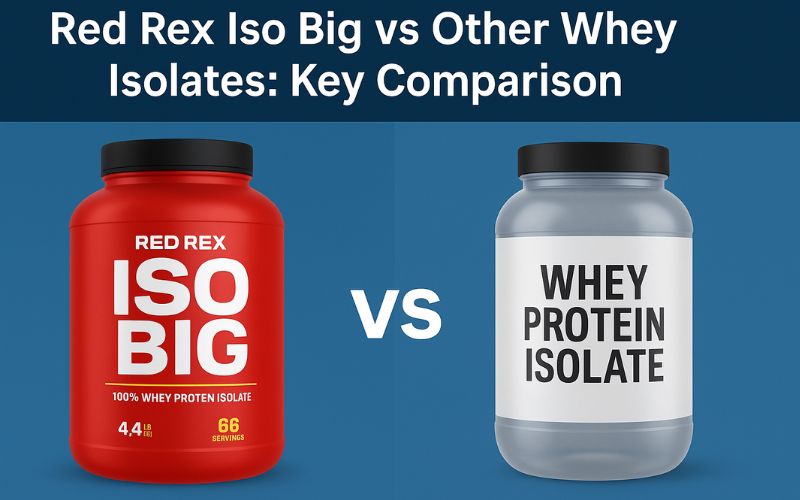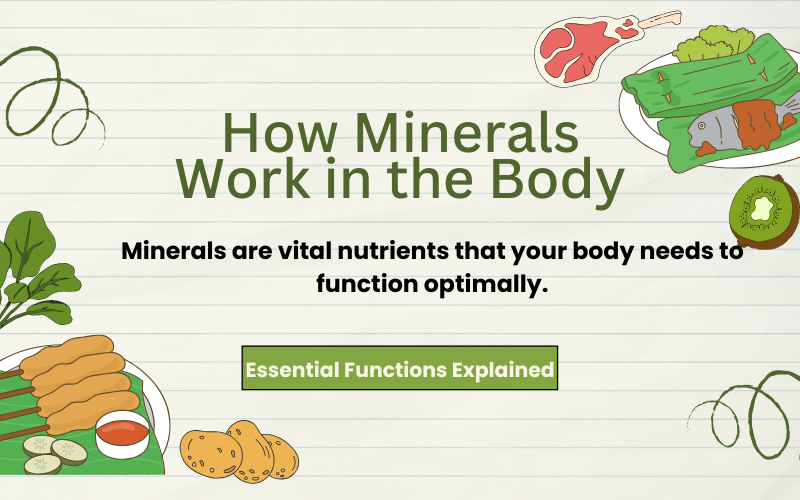Is Gym the Key to Better Health? Benefits, Risks & Tips Explained
In a world that’s constantly chasing wellness, the gym has become a go-to destination for people seeking better health. From building strength to reducing stress, the gym offers a structured environment that encourages physical transformation. But is the gym really the key to better health? And does it suit everyone’s lifestyle and goals?
In this article, we’ll explore the benefits and potential risks of gym workouts, share tips for maximizing results, and answer common questions to help you make an informed decision.
Why People Turn to the Gym for Better Health
The modern gym is more than just a place to lift weights—it’s a hub of motivation, social interaction, and personal transformation. For many, it’s a sanctuary that helps them break away from daily stress while improving their physical and mental well-being.
The Growing Popularity of Fitness Centers
Fitness centers have become increasingly accessible and diverse. Whether it’s a high-end health club or a basic neighborhood gym, people of all ages are now embracing gym culture as part of their lifestyle. Group classes, personal training, and 24/7 access have all contributed to this rise.
Mental and Physical Motivations Behind Joining a Gym
People often join gyms for a mix of mental and physical reasons. Some are looking to lose weight, others want to improve strength or stamina, and many are simply looking for a consistent routine. Beyond physical goals, regular gym visits are known to boost confidence, manage anxiety, and reduce symptoms of depression.
Proven Health Benefits of Regular Gym Workouts
If you’re consistent and informed about your gym routine, the health benefits are substantial. Let’s break down how gym workouts support your well-being.
Improved Cardiovascular Health and Endurance
Cardio machines like treadmills, bikes, and rowing machines are staples in most gyms—and for good reason. Regular cardiovascular exercise helps regulate blood pressure, strengthens the heart, improves circulation, and reduces the risk of heart disease and stroke.
Muscle Strength, Flexibility, and Bone Density Gains
Resistance training using weights or machines plays a vital role in muscle development and bone health. As we age, muscle mass naturally declines. Gym workouts help preserve lean muscle, improve posture, and prevent age-related bone density loss, reducing the risk of osteoporosis.
Stress Relief and Mental Wellness
Exercise triggers the release of endorphins—your body’s natural mood boosters. Studies have shown that regular workouts help reduce anxiety, improve sleep quality, and enhance overall mood. The gym can also serve as a positive outlet for emotional stress.
Long-Term Weight Management and Metabolism Boost
Consistency in gym workouts supports weight loss and helps maintain a healthy body composition. Strength training, in particular, elevates your resting metabolic rate, meaning you burn more calories even at rest.
Are There Any Health Risks Associated with the Gym?
While the gym has many benefits, it’s not without risks—especially when workouts are done incorrectly or without proper guidance.
Overtraining and Physical Burnout
Pushing your body too hard without adequate rest can lead to overtraining syndrome. Symptoms may include fatigue, decreased performance, sleep disturbances, and even hormonal imbalances. It’s crucial to balance exercise with recovery.
Common Gym Injuries and How to Prevent Them
Injuries like sprains, strains, or joint issues often stem from poor form, lifting too heavy, or skipping warm-ups. Proper technique, professional instruction, and listening to your body are essential for injury prevention.
Mental Pressure and Unrealistic Fitness Expectations
Constant comparison with others at the gym can lead to low self-esteem or body image issues. Social media adds to this pressure. It’s important to set realistic, personal goals and focus on your own journey.
Tips for Getting the Most Health Benefits from Your Gym Routine
A smart approach to gym workouts ensures better results and long-term sustainability.
Start with a Professional Fitness Assessment
Many gyms offer initial assessments with certified trainers. These sessions help identify your current fitness level, set goals, and build a personalized workout plan based on your needs.
Create a Balanced Workout Schedule
A well-rounded plan includes cardiovascular exercise, strength training, flexibility work, and rest days. Aim for at least 150 minutes of moderate-intensity exercise per week, as recommended by the World Health Organization (WHO).
Combine Strength, Cardio, and Flexibility Training
Focusing solely on one type of workout can lead to imbalances. Incorporating a mix ensures you improve endurance, strength, mobility, and recovery time.
Prioritize Rest and Recovery
Rest is just as important as the workout itself. Schedule 1-2 rest days per week, sleep 7–9 hours per night, and consider active recovery methods like stretching or yoga.
Is the Gym the Right Fit for Everyone’s Health Goals?
The gym isn’t the only path to better health—but it can be an excellent one if it suits your lifestyle.
Gym vs. Home Workouts: What’s Best for You?
While gyms offer equipment, classes, and community, home workouts provide convenience and comfort. The best option depends on your goals, budget, time, and personal preferences.
Listening to Your Body and Choosing the Right Fitness Path
Everyone’s health journey is unique. Whether it’s the gym, outdoor running, sports, or yoga, the best routine is the one you can enjoy and sustain over time. The goal is to stay active, stay consistent, and do what feels right for your body.
Final Thoughts – Is Gym Good for Your Health in the Long Run?
Yes—when used wisely, the gym is a powerful tool for improving overall health. It offers physical benefits like strength and endurance, mental wellness support, and a sense of routine that many people find motivating.
However, it’s important to acknowledge potential risks and ensure your workouts align with your individual needs and lifestyle. With proper planning, realistic goals, and a balanced approach, the gym can absolutely be a key component of long-term health and wellness.
Ready to elevate your gym performance and recovery?
Fuel your fitness journey with premium supplements from Syner Nutrition—Pakistan’s trusted destination for high-quality proteins, vitamins, and performance support. Whether you’re building muscle, burning fat, or just getting started, Syner Nutrition has the essentials to help you stay strong and stay consistent.
FAQs
Is going to the gym every day healthy?
Going to the gym daily can be healthy if workouts are varied and you include proper rest and recovery strategies. However, overtraining without rest days can lead to fatigue or injuries.
How long should I work out at the gym?
Most effective gym sessions range from 45 to 90 minutes, depending on your goals. Quality matters more than quantity—focus on well-structured workouts rather than time alone.
Is the gym better than exercising at home?
Not necessarily. Gyms offer equipment and community, but home workouts can be equally effective with the right plan. The best choice is the one you’re more likely to stick with.
Can the gym improve mental health?
Yes, regular physical activity at the gym releases endorphins, which help reduce stress, anxiety, and depression. It also provides structure and a sense of accomplishment.
Do beginners need a personal trainer?
While not mandatory, beginners benefit greatly from working with a trainer to learn proper form, avoid injuries, and stay motivated. Even a few sessions can make a big difference.









Add comment